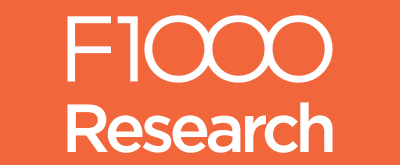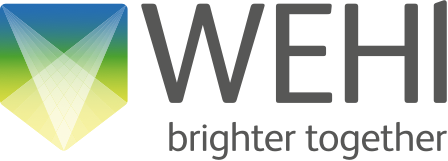Bioconductor virtual conference Asia, November 1-4 2021
Overcoming language barriers and expanding the Bioconductor community
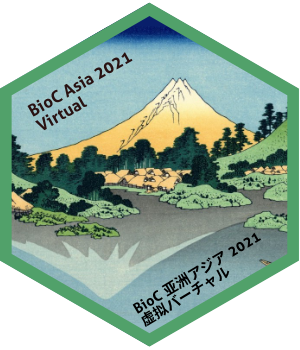
Bioconductor virtual conference Asia, November 1-4 2021
Current developments within and beyond the Bioconductor project

Bioconductor virtual conference Asia, November 1-4 2021
Multilingual (Japanese, Mandarin, English) workshops, English keynote presentations, and more

Post-conference information (BioC Asia 2021 was truly amazing -- thanks, everyone.) |
Tweets by @Bioconductor |
|---|---|
|
Tweets by Bioconductor |
Speakers (The following times are Japan time [UTC+09:00])
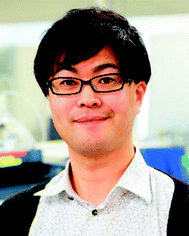
Keynote (day1 13:10~), Hiroshi Tsugawa: "Decoding mass spectrometry data to understand the metabolisms of living organisms"
Tokyo University of Agriculture and Technology, Japan
Hiroshi Tsugawa got his PhD from Osaka University in 2012, Japan. His major is systems biology through computational mass spectrometry (CompMS) to deepen the understanding of metabolisms in living organisms. Employing CompMS, he could develop a data processing pipeline for complex MS data and identify unknown metabolites using computational analysis of mass fragmentation. The awards he received are RIKEN BAIHO Award (2020), Top 40 Under 40 of “The Analytical Science” (2018), and RIKEN Incentive Research Award (2016). Since 2021, he is working as an associate professor at the Department of Biotechnology and Life Science, Tokyo University of Agriculture and Technology.
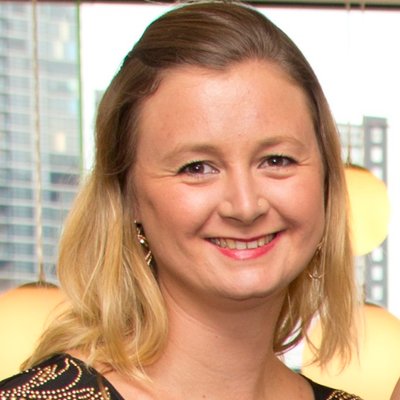
Invited talk (day1 14:00~), Belinda Phipson: "Gene set enrichment analysis for genome-wide DNA methylation data"
Peter MacCallum Cancer Centre, Australia
Belinda Phipson is a senior researcher at the Peter MacCallum Cancer Centre. Together with Jovana Maksimovic, they have long maintained missMethyl, a Bioconductor package for analyzing Illumina HumanMethylation BeadChip data. They have also contributed a Bioconductor methylation workflow package that uses many methylation specific Bioconductor packages, including missMethyl https://doi.org/doi:10.18129/B9.bioc.methylationArrayAnalysis . Recently, they published a paper benchmarking gene set testing methods for methylation array data, with new methods implemented in missMethyl https://doi.org/10.1186/s13059-021-02388-x .
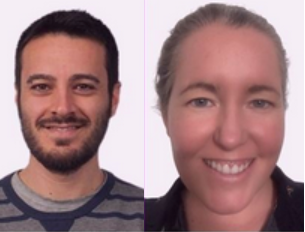
Invited talk (day1 14:30~), Stefano Mangiola: "Interfacing Seurat with the R tidy universe"
Walter and Eliza Hall Institute of Medical Research, Australia
Stefano Mangiola is a postdoctoral fellow at Walter and Eliza Hall Institute of Medical Research, focused on tumor microenvironment. Maria Doyle is an application and training specialist for research computing at Peter MacCallum Cancer Centre. Stefano and Maria have developed a suite of software that integrates the tidyverse framework and transcriptomics analysis, and publishes them as Bioconductor packages. As part of this effort, Stefano and Maria developed an interface for Seurat with tidyverse, which is published in https://doi.org/10.1093/bioinformatics/btab404 .
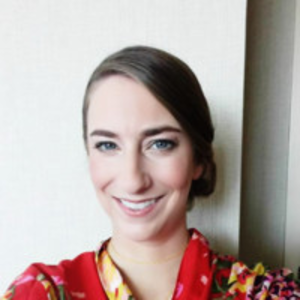
Keynote (day2 13:00~), Lori Ann Shepherd: "What is Bioconductor? : How the Core Team Plays an Essential Role"
Roswell Park Comprehensive Cancer Center, USA
Lori Ann Shepherd is one of the members of the Bioconductor Core Team, Bioconductor Community Advisory Board and Bioconductor Technical Advisory Board. Since joining the core team, she has long designed and maintained Bioconductor key infrastructure and packages, administrated the package review process for package submissions from the community, and assisted with numerous courses, workshops, and conferences. Her efforts and contributions were recognized by being one of the 2020 inaugural Bioconductor Community Awards recipients https://youtu.be/noHn5fEbBwA?t=2708 .
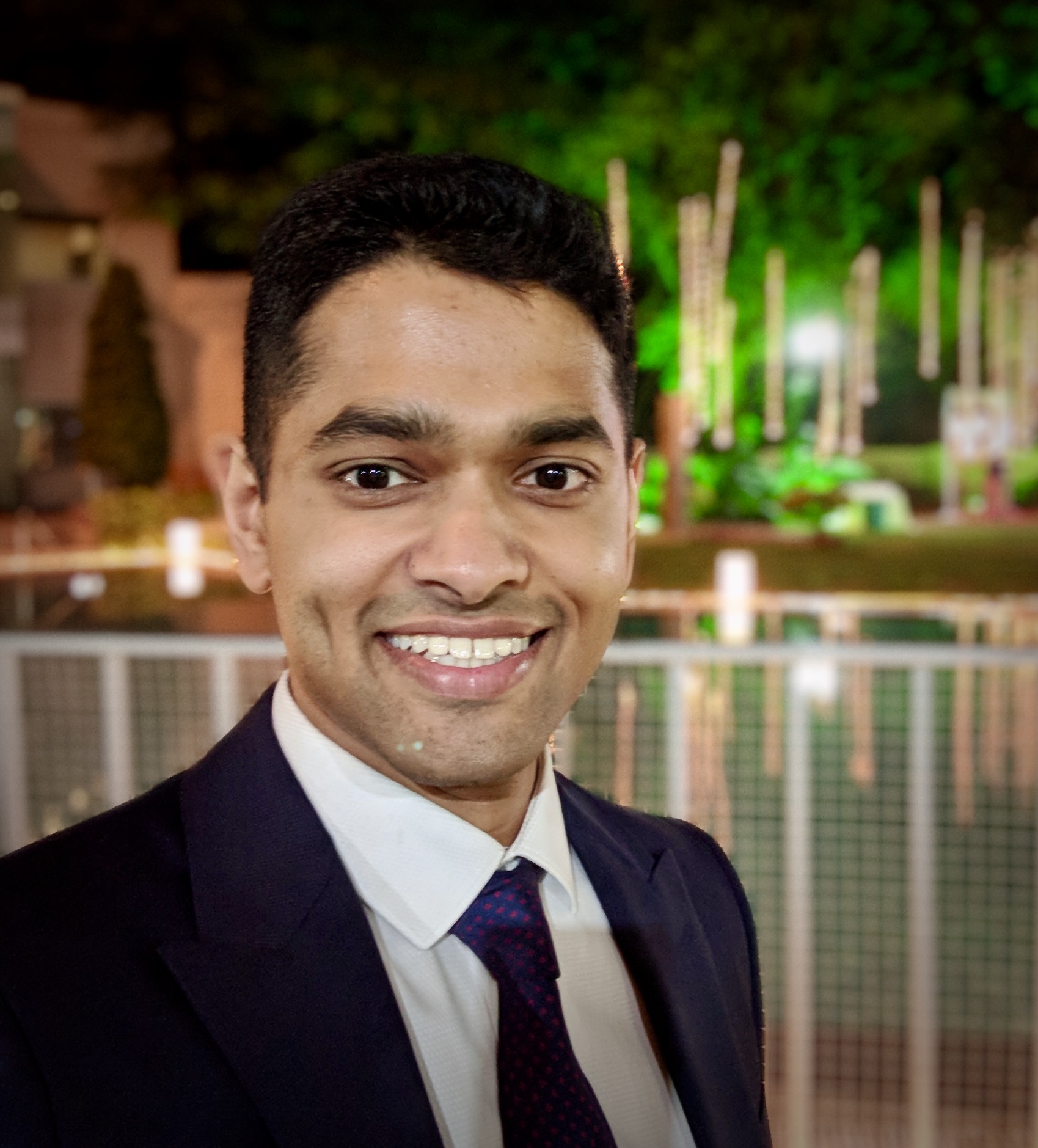
Invited talk (day2 13:30~), Nitesh Turaga: "Efficient use of Bioconductor in cloud computing environment"
Dana Farber Cancer Institute of Harvard Medical School, USA
Nitesh Turaga is a core team member at the Bioconductor project, working at the intersection of Data Science, Computational biology, and Software Engineering. He is currently a Scientist in the Department of Data Science at Dana Farber Cancer Institute / Harvard. Before Bioconductor, he worked as a Software Engineer for the Galaxy Project at Johns Hopkins.

Invited talk (day2 14:00~), Yunshun Chen: "edgeR: differential analysis of sequence read count data"
Walter and Eliza Hall Institute of Medical Research, Australia
Yunshun Chen is a senior postdoctoral researcher at Walter and Eliza Hall Institute of Medical Research. He is one of the authors and the main maintainer of the edgeR package - the arguably world’s most popular R package specifically designed for Next Generation Sequencing (NGS) data. His research focuses on differential expression analysis of the NGS data, as well as single-cell RNA-seq analysis.
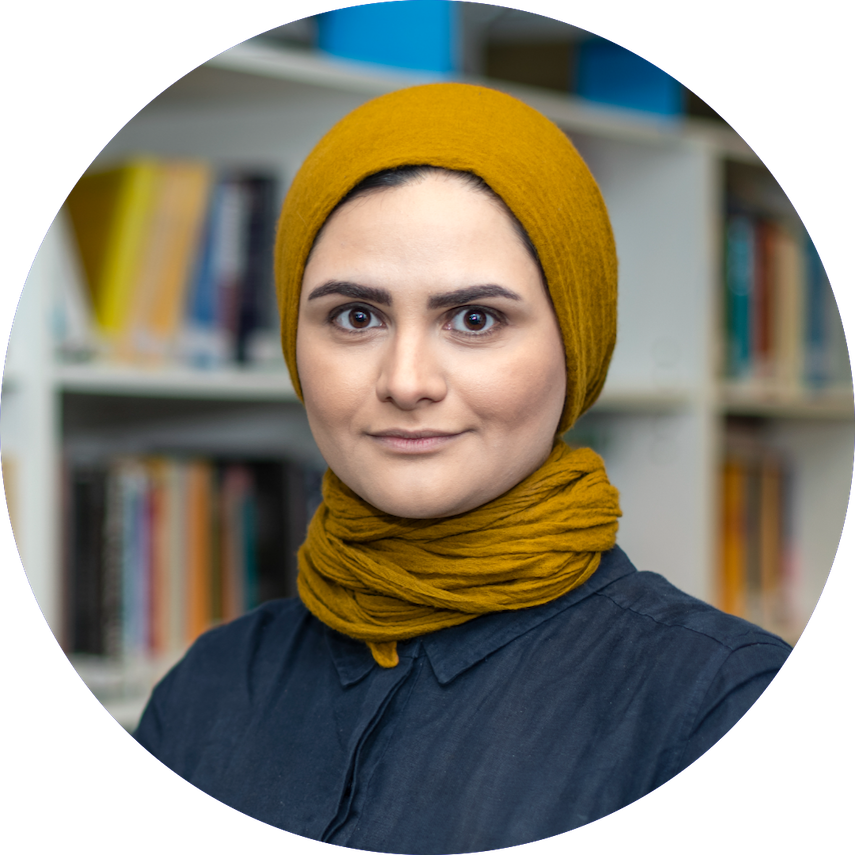
Invited talk (day2 14:30~), Soroor Hediyeh-zadeh: "MsImpute: Estimation of missing peptide intensity values in label-free mass spectrometry"
Walter and Eliza Hall Institute of Medical Research, Australia
Soroor Hediyeh-zadeh is a graduate research student in the department of medical biology (Walter and Eliza Hall Institute) at The University of Melbourne. Previously, She was a Research Assistant (RA) in A/Prof. Melissa Davis’s Lab at the Bioinformatics Division in WEHI, and a Masters student at The University of Melbourne in the School of Mathematics and Statistics. She is broadly interested in developing and studying machine learning and statistical models for the analysis of transcriptomics and proteomics data.
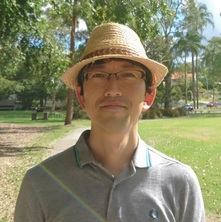
Keynote (day3 13:00~), Tatsuya Amano: "Overcoming language barriers in science"
The University of Queensland, Australia
Dr Tatsuya Amano is an Australian Research Council Future Fellow at the School of Biological Sciences, the University of Queensland in Australia. He specializes in “Conservation Science” and launched a project to understand the consequences of the language barrier in biodiversity conservation (the translatE project – Transcending Language Barriers to Environmental Sciences: https://translatesciences.com). He also recently published an article called “Ten tips for overcoming language barriers in science”. https://rdcu.be/cnZQf
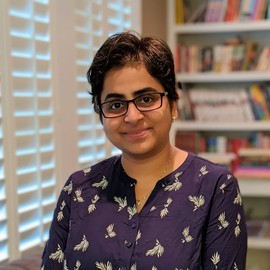
Invited talk (day3 13:30~), Janani Ravi: "AsiaR community and R-Ladies in Asia"
Michigan State University, USA
Janani Ravi is an Assistant Professor in the Dept. of Pathobiology and Diagnostic Investigation at Michigan State University. Her research group develops computational approaches to study infectious diseases. Specific areas of their interest include protein sequence-structure-function relationships, comparative genomics, and drug repurposing. Janani is also the founder of two organizations that promote diversity in data science: R-Ladies East Lansing and Women+ Data Science.
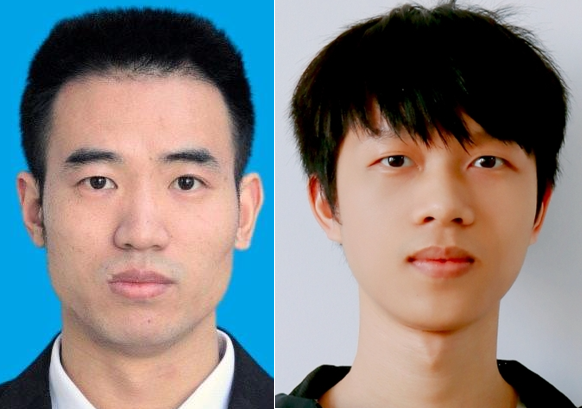
Invited talk (day3 14:00~), Erqiang Hu and Tizanzhi Wu: "clusterProfiler 4.0 and the new features"
Southern Medical University, China
Erqiang Hu and Tizanzhi Wu are PhD students at the Department of Bioinformatics, Southern Medical University. The professor Guangchuang Yu group, including Erqiang and Tianzhi, recently published a paper on clusterProfiler 4.0 from the Innovation Journal. https://doi.org/10.1016/j.xinn.2021.100141
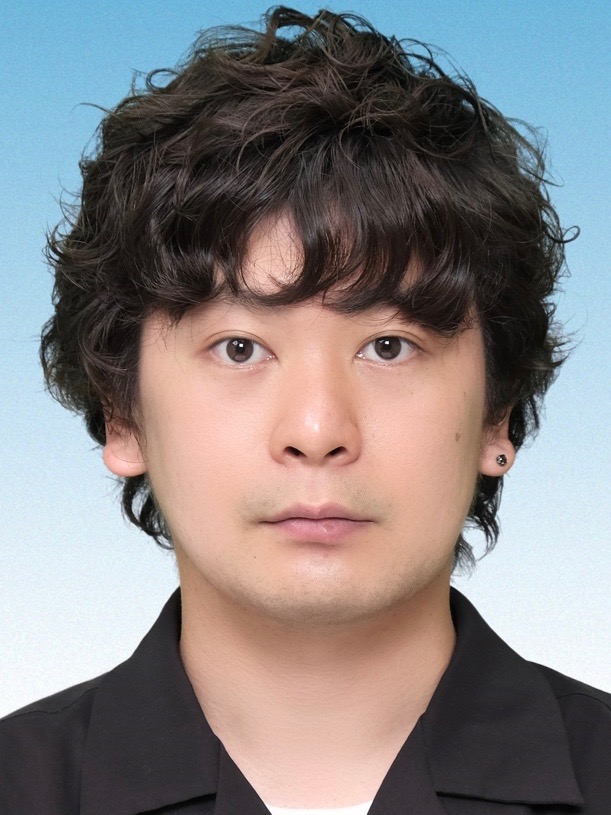
Invited talk (day3 14:30~), Koki Tsuyuzaki: "Guidelines to handle large-scale and complex tensor data in R"
RIKEN Center for Biosystems Dynamics Research, Japan
Dr. Koki Tsuyuzaki is a post-doc researcher at RIKEN BDR BiT and a researcher at JST PRESTO. He is one of the active Bioconductor committers and has developed hundreds of R/Bioconductor packages including metaSeq, AHMeSHDbs, MeSHDbi, AHLRBaseDbs, LRBaseDbi, AHPubMedDbs, scTensor, and scTGIF. He will present his recent development of some R packages for tensor decomposition to handle large-scale and complex tensor data structures.
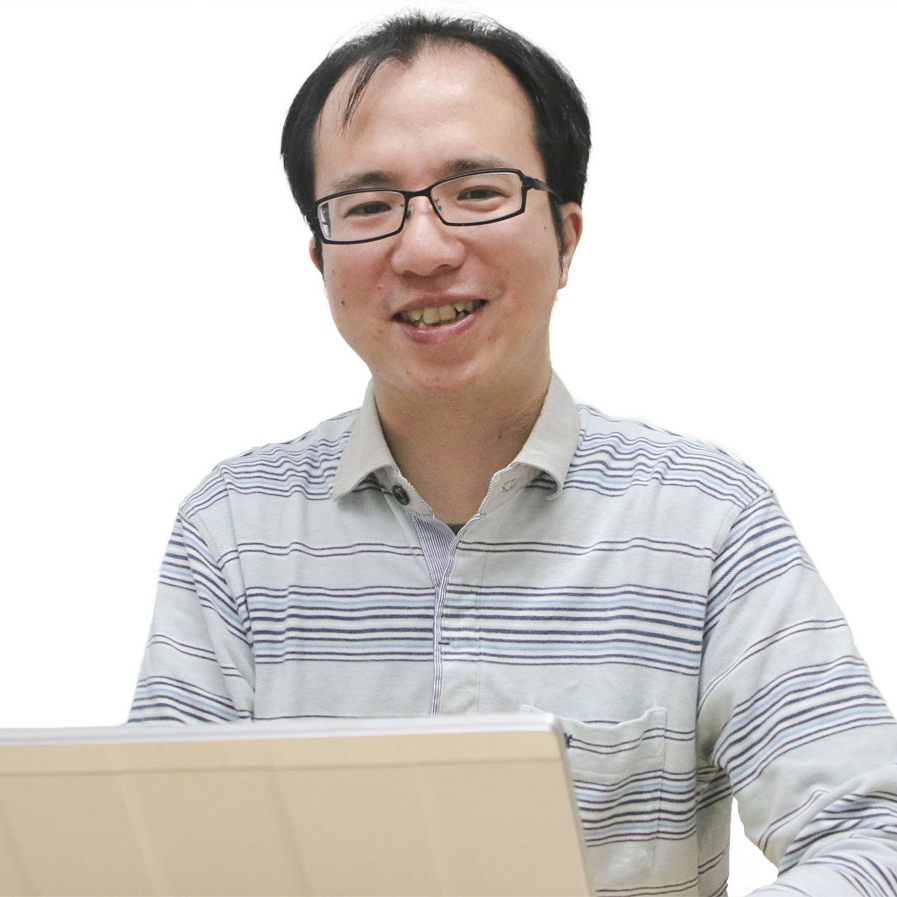
Keynote (day4 13:00~), Takeya Kasukawa: "FANTOM project and data resource for understanding the transcription in the mammalian genomes"
RIKEN Center for Integrative Medical Sciences, Japan
Takeya Kasukawa is the team leader of RIKEN Center for Integrative Medical Sciences, Laboratory for Large-Scale Biomedical Data Technology. His major is the development of data management technology that will lead to new discoveries in the field of biomedical science. He has maintained the database of the international collaborative research “FANTOM (Functional ANnoTation of Mammalian Genome) Project”. This database is widely provided to the research community and is expected to contribute to the elucidation of biological phenomena.
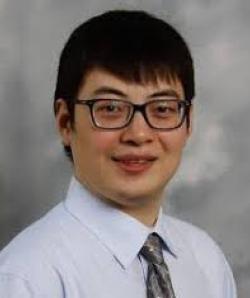
Invited talk (day4 14:00~), Hao Harry Feng: "NeuCA: a neural network-based method for exhaustive cell label assignment using single cell RNA-seq data"
Case Western Reserve University, USA
Hao (Harry) Feng is an Assistant Professor in the Department of Population and Quantitative Health Sciences at Case Western Reserve University. He is a biostatistician and bioinformatician by training. He is one of the authors and maintainers of the DSS package — a method known for differential analysis in transcriptome and methylation sequencing data. His group develops statistical methods for high-throughput -omics data, especially in epigenomics and single-cell research.
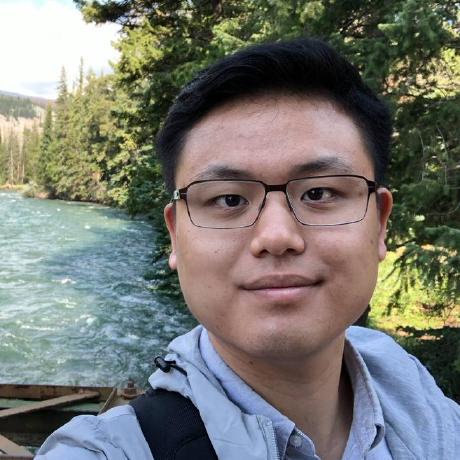
Invited talk (day4 14:30~), Shian Su: "Dashboard-style interactive plots for RNA-seq analysis are R Markdown ready with Glimma 2.0"
Walter and Eliza Hall Institute of Medical Research, Australia
Shian Su is a PhD candidate at The Walter and Eliza Hall Institute of Medical Research. He is a maintainer of “Glimma” that accepts and visualizes differential expression results from “limma” and others https://doi.org/10.1093/bioinformatics/btx094 . He and Hasaru Kariyawasam recently published a preprint of Glimma 2.0 that enables interactive dashboard-style visualization in R Markdown https://doi.org/10.1101/2021.07.30.454464 .


